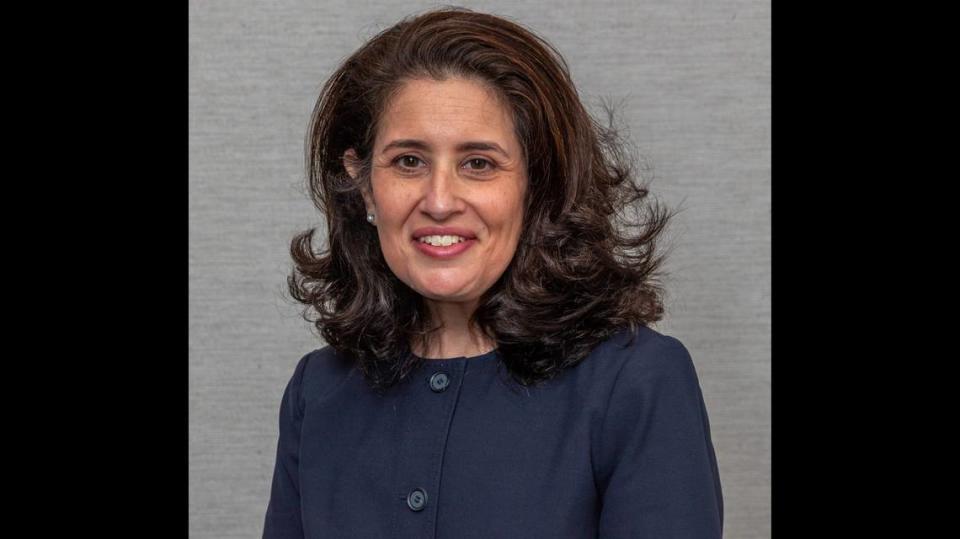Anti-terror training is a must, but here are other steps we must take to fight antisemitism
Since the hostage crisis at Congregation Beth Israel synagogue ended with the safe release of Rabbi Charlie Cytron-Walker and his three congregants, the security training he received from the Anti-Defamation League, the FBI and the Secure Communities Network have been hailed for helping the hostages escape an armed terrorist.
Security awareness and training for congregants, religious leaders and others is vital to protecting Jewish institutions. Synagogues and other sites that could be at risk for terrorism must have the funding and resources necessary to shore up their institutions in the wake of this assault. That’s why ADL has recently called for a doubling of nonprofit security grants available from the U.S. government to religious institutions in 2022.
But prevention shouldn’t stop at the locks on our synagogue doors. We need better strategies to combat the elephant in the room: The conspiratorial antisemitism that led not only to the Colleyville attack,but also to recent violence in several other cities.
Each of the perpetrators responsible for those violent attacks on Jewish communities was inspired by deeply held antisemitic beliefs. The notion that Jews are powerful and able to control the U.S. government motivated the armed gunman in Colleyville.
The white supremacist shooter at a Pittsburgh synagogue believed that Jews were responsible for an influx of non-white immigrants to America. The killer at a Poway, California, killer expressed his firm belief in the false and hateful notion that Jews were responsible for the death of Jesus.
Antisemitism is the world’s oldest hatred, and these ideas have been around for centuries. In a time of rising hate, how do we push back against antisemitic ideas and stop them from spreading?
First, we need governments around the world to universally recognize this threat as a real and present danger. All countries need to step up efforts to combat antisemitic expressions worldwide. This is why ADL has called on the U.S. Senate to act on the long-stalled confirmation of Deborah Lipstadt as the next U.S. envoy to monitor and combat antisemitism at the State Department. We urge other countries to establish diplomatic or other national initiatives to root out antisemitism in all forms.
Likewise, we need social media companies to do more to combat the antisemitism and disinformation that’s amplified by algorithms. ADL’s research has shown repeatedly that social media companies such as Facebook, Twitter and Instagram have largely failed to root out the hate that is readily available on their networks.
Governments need sensible regulations requiring social media companies to do more to address the rampant hate online, to employ more human moderators and use high-tech solutions, such as artificial intelligence, to monitor their networks.
We also need to build bridges to others in our communities. Cytron-Walker’s congregation was a model of efforts at bringing in interfaith partners. Such work must be done in every community large and small.
It means getting to know each other. Learning from each other. Spending time outside of our own echo chambers and really hearing people’s ideas. We are better as a country and a society when we listen to our neighbors instead of trying to drown each other out.
Education is also important. The antisemitic notions that have fueled violence against Jews around the world were learned, and they can be unlearned. ADL remains committed to bringing our No Place for Hate and A World of Difference anti-bias education programs into schools across the country and in Texas.
Americans of all walks of life can also help by speaking out against hate and demanding that others do so, too. This means speaking up even when it is hard to do so, such as when the hatred is expressed by one’s friends or members of one’s political party.
At ADL, we’ve learned that there is no one panacea against antisemitism and hate. It is a battle on all fronts, and it takes not just a few dedicated individuals, but an entire committed community, to end hate for good.
Cheryl Drazin is the central division vice president for the Anti-Defamation League. She lives in Dallas.


